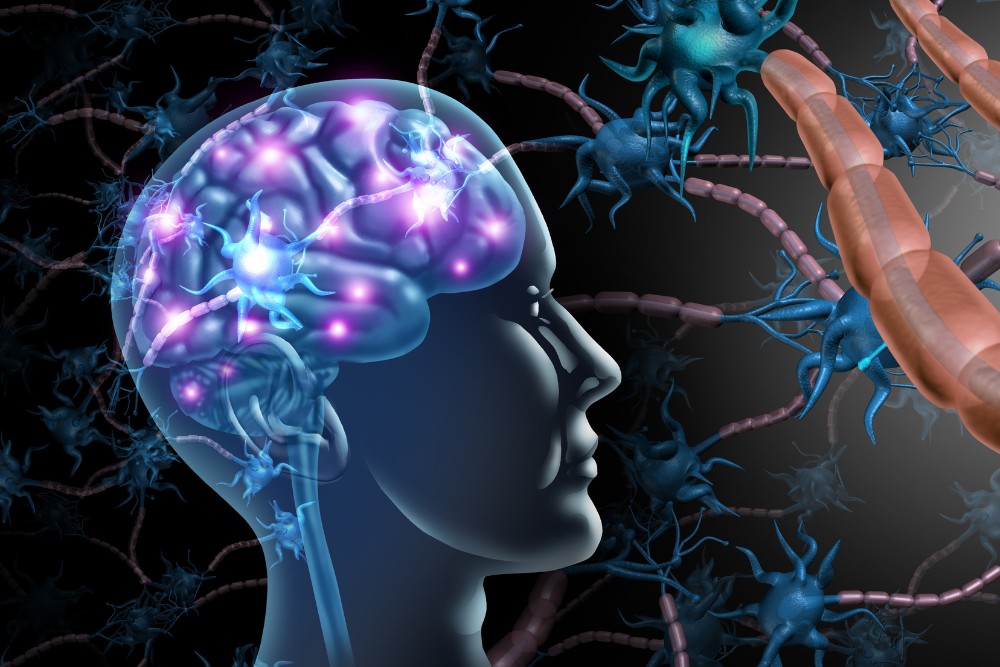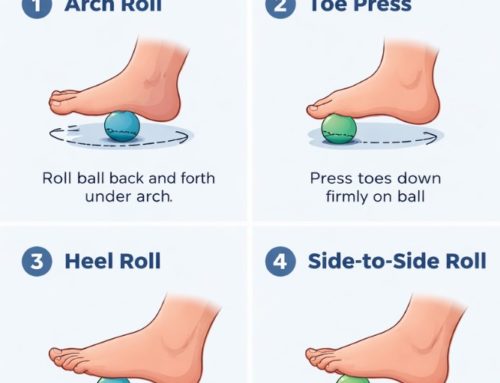Healing Nervous System Heals Your Whole Body – Here’s Why
The nervous system is a complex network of neurons that controls all the body’s functions. When it’s compromised, physical health suffers, causing issues with your organs, muscles, and even the immune system. To avoid long-term complications, healing the nervous system is vital for the body and mind.
Of course, there is no method for improving neurological conditions that works for everyone. That’s why several options are recommended, including cognitive therapy, self-talk, calming techniques and stress management. Your medical team will help you determine the best options for your condition. Knowing the benefits may motivate success, so keep reading for more information.

3 Ways Healing the Nervous System Help with Physical Conditions
The human nervous system contains two parts, the central nervous system and the peripheral nervous system. The CNS consists of the brain and spinal cord. It receives messages from the PNS, a network of nerves that gathers and sends information for proper functions. When any of these networks fail, the following issues may arise, often causing long-term damage if uncorrected.
1. Digestive and organ function
Healing nervous system issues is vital for maintaining organ function, particularly those involved in digestion. The enteric nervous system controls these functions, including breaking down food and transferring nutrients to the bloodstream. It even controls waste disposal.
The ENS also interacts with the central nervous system, which is why many neurological issues affect your gut. Emotional disturbances often trigger bloating, stomach pain, diarrhea, and other digestive issues. Depression and anxiety medication are frequently used to treat IBS and other stomach problems to cover all nervous system issues.
The autonomic nervous system regulates various systems. It controls your heart rate, blood pressure, breathing, and also affects digestion. When this system isn’t performing properly, it modifies these physical functions. Though usually harmless in small doses, prolonged alterations may cause IBS, cardiovascular disease, and other serious conditions.
2. Immune system support
According to experts, the immune system and the central nervous system are linked. Inflammatory responses modify the brain during stroke, seizures, and other conditions. The CNS also alters immune function, sending messages to induce a healing response.
Unfortunately, the nervous system doesn’t always promote healing when interacting with the immune system. Instead, it triggers an immunosuppressive response, which increases inflammation. This often occurs during allergic reactions, rheumatoid arthritis, and other autoimmune conditions.
Though you can’t prevent all medical issues, maintaining a healthy lifestyle encourages proper nervous system functions. Doing so ensures it manages immune responses to fight infection, trauma, and disease as it should.
3. Calming stress improves hormone regulation
The autonomic nervous system controls the body’s reaction to stress. During the fight or flight response, your heart rate, blood pressure, respiration, and blood glucose levels increase. Digestion also slows until the emergency causing the stress response has passed.
Unfortunately, too much stress on the body does more damage than you may realize. The continuous reactions during chronic stress cause physical damage, including cardiovascular disease, high blood pressure, or high cholesterol. Without correction, you may even experience a heart attack or stroke, which are often fatal.
Nerve dysfunction may lead to hormone imbalances, altering the body’s ability to repair tissue. Metabolism and energy levels may also be affected. Healing the nervous system may prevent long-term damage.
Resources:
- Organismal Biology, Nervous System
https://organismalbio.biosci.gatech.edu/chemical-and-electrical-signals/nervous-systems/ - Johns Hopkins Medicine, The Brain-Gut Connection
https://www.hopkinsmedicine.org/health/wellness-and-prevention/the-brain-gut-connection - NCBI, July 24, 2023, Anatomy, Autonomic Nervous System
https://www.ncbi.nlm.nih.gov/books/NBK539845/ - PubMed, The immune system and the nervous system
https://pubmed.ncbi.nlm.nih.gov/6191006/ - PMC, Feb. 1, 2013, Neurogenic Inflammation – The Peripheral Nervous System’s Role in Host Defense and Immunopathology
https://pmc.ncbi.nlm.nih.gov/articles/PMC3520068/ - APA, Oct. 21, 2024, Stress effects on the body
https://www.apa.org/topics/stress/body
This article contains informational and educational materials and does not replace health or medical advice. For questions or concerns regarding your medical condition or health objectives, speak to a qualified physician or healthcare provider.






Leave A Comment